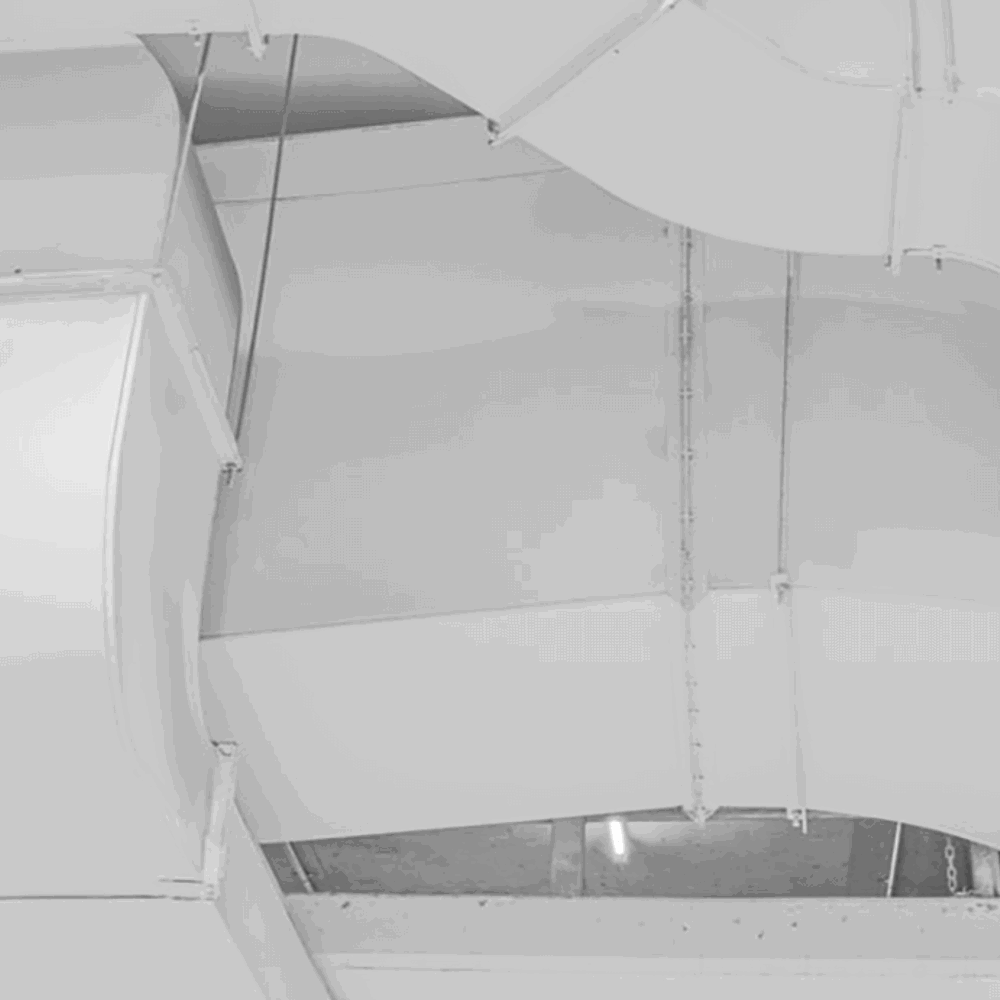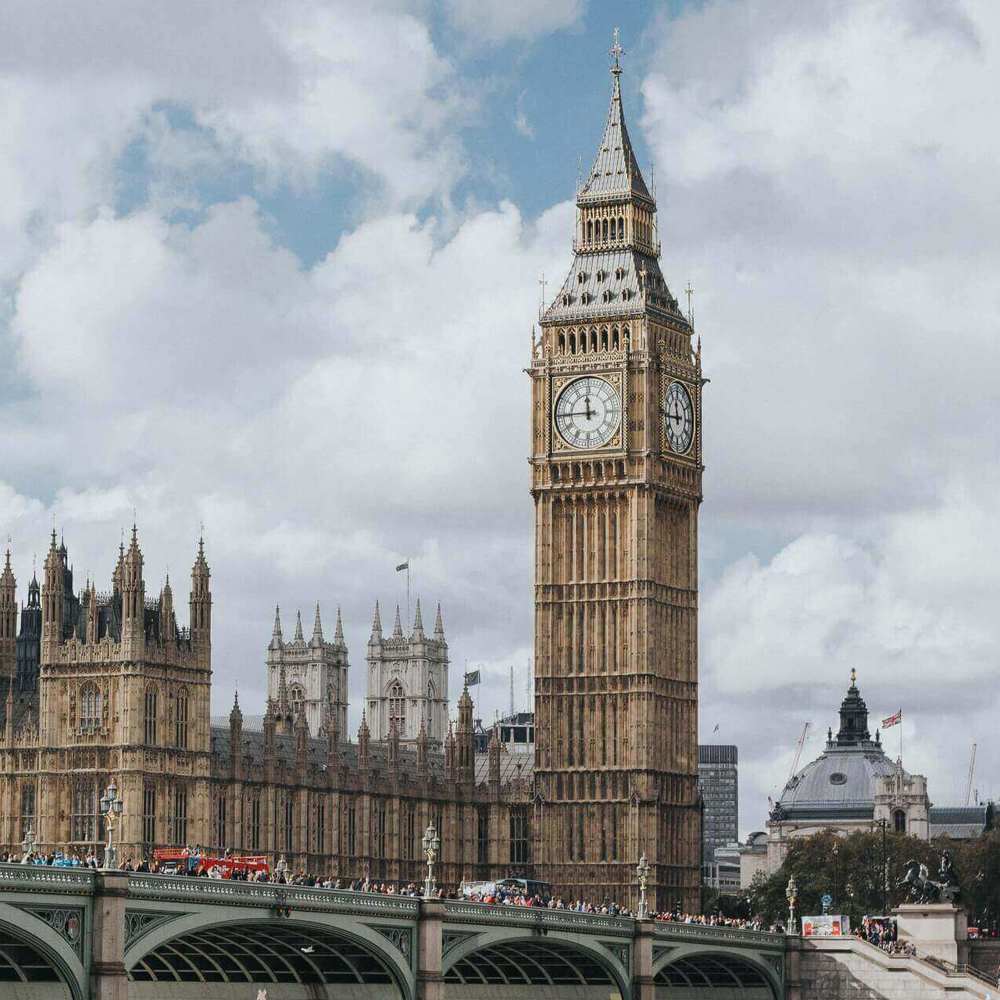Time for a major upgrade
Building on phase one, ‘Buildings that keep us healthy and safe’, the second phase explored how we can create healthier, more sustainable and infection resilient environments in the long term. To do this, the project took a systems-based approach to identify the transformational changes required. The report outlines eight recommendations to embed infection resilience in the commissioning, design, management, and operational stages of the building and transport lifecycle.
Methods
The project undertook a series of workshops, literature reviews and externally commissioned research to build the case for the changes required to embed infection resilience. The project commissioned the following research to understand the wider elements to developing infection resilience.
Watch the video to learn more about the approach taken.
Supporting Research
Research capability review
A review was commissioned to assess the research landscape of infection resilient environments. The objectives of the commission were to understand the key academic stakeholders in the UK, define the volume of research in the field, the impact it has had, and how this compares internationally, including research trends over time. The review was undertaken by Elsevier’s Analytical Services.
Read the research capability review
International good practice
A review was commissioned to examine international examples of interventions in the built environment and transport systems to reduce transmission of infection. The objectives of the commission were to identify international good practice and to outline emerging challenges and opportunities. The commission was undertaken by Arup with support from the International WELL Building Institute.
Read the international practice report
Social cost benefit analysis
A social cost benefit analysis (SCBA) was commissioned to take into account the full spectrum of costs and benefits from improving infection resilience in our buildings, and the wider costs of inaction. The commission was undertaken by NERA Economic Consulting.
Infection resilient environments in the News

Guardian: Improved disease control in public buildings ‘could save UK billions a year’
Measures such as improved ventilation would boost economy by helping prevent ill health, says report

The Engineer: Report calls on government to mandate infection-resilient buildings
Improvements to the design and operation of buildings - aimed at minimising the transmission of infectious diseases - could save the UK as much as £23bn a year in the event of another pandemic, according to a report published by the National Engineering Policy Centre.
Related Projects
Infection Resilient Environments Phase 1
Phase one of the programme focused on a rapid review of the actions required to develop infection resilience in the sho…
Air quality
An overview of the role of engineering in reducing the harmful health effects of air pollution
Decarbonising construction
The construction industry plays a vital role in the economy but must decarbonise if the UK is to meet net zero by 2050

